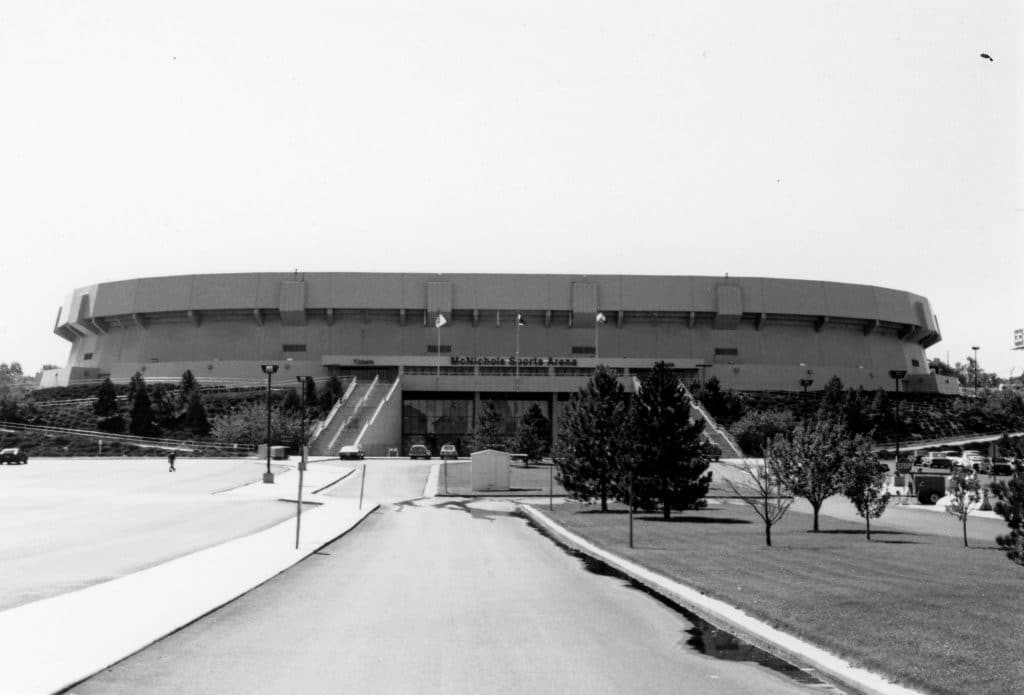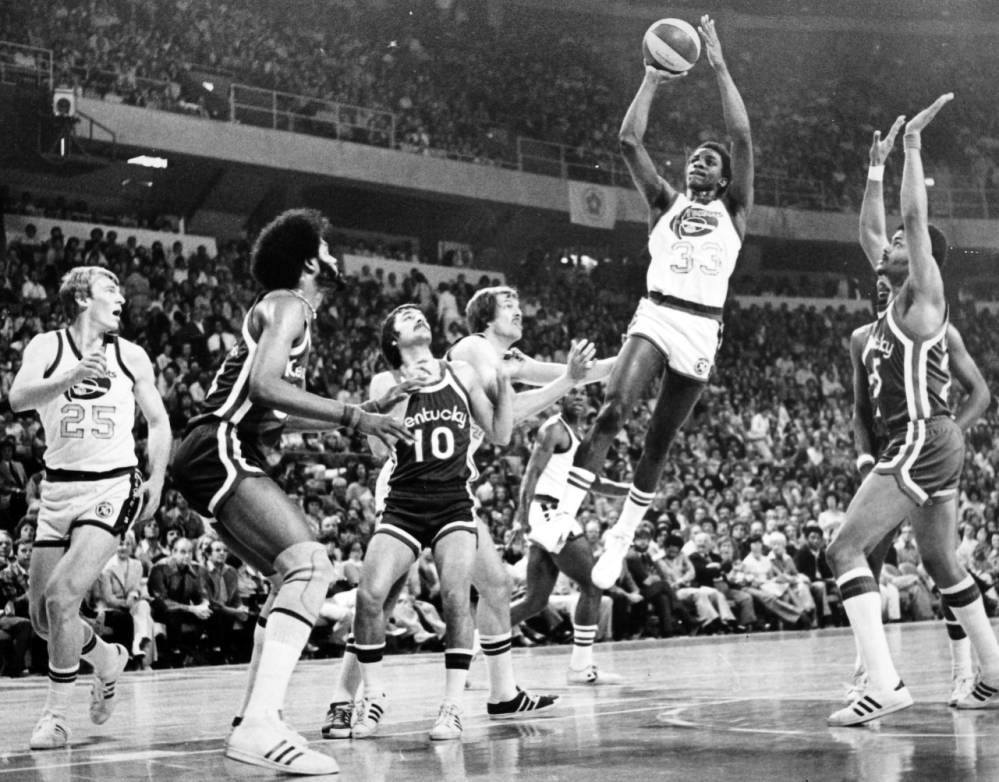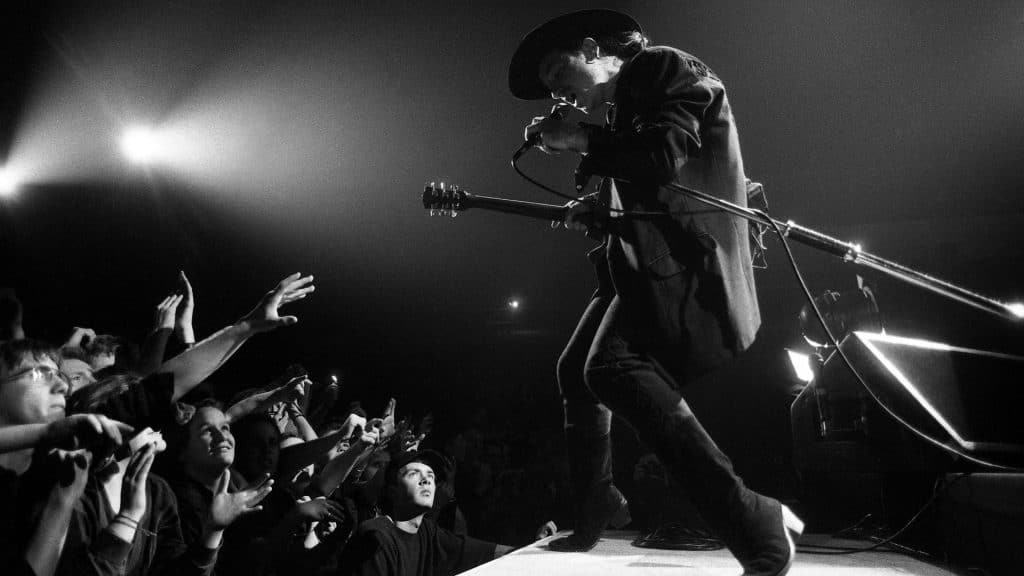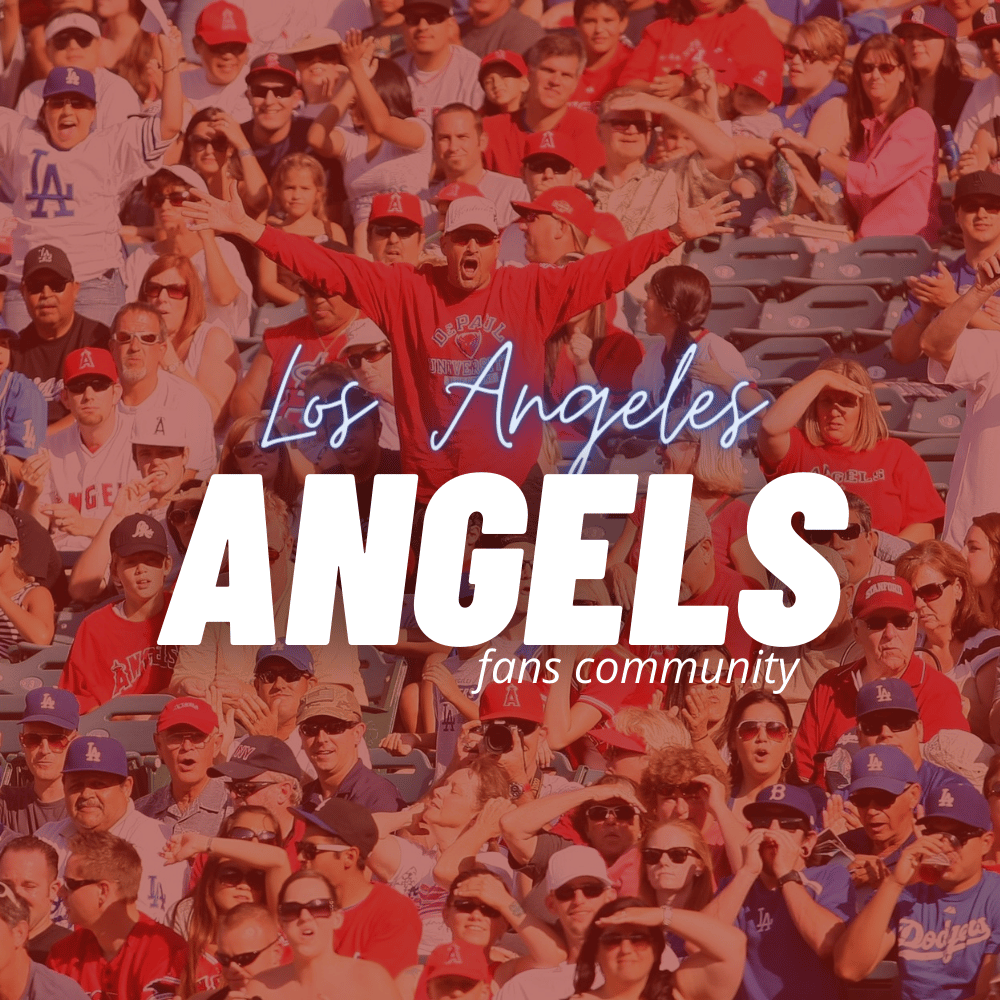McNichols Arena was an indoor arena located in Denver, Colorado.
The arena is named after former Denver mayor William H. McNichols, Jr., who served from 1968 to 1983. It was completed in 1975 at a cost of $30 million.

History of McNichols Arena
McNichols Arena was a multi-purpose arena in Denver, Colorado that was home to the NBA’s Denver Nuggets, the NHL’s Colorado Rockies, and the NLL’s Colorado Mammoth.
The arena was named after former Denver mayor William H. McNichols, Jr., who served from 1968 to 1983. The arena was opened in 1975 and was originally known as the Denver Coliseum.
It was the first arena in the NBA to have a scoreboard that hung over the court. The arena also had the world’s largest retractable roof, which was a major selling point for the arena when it was originally built.
The Nuggets played at the arena from 1975 to 1999, when they moved to the Pepsi Center.
The Rockies played at the arena from 1976 to 1982, when they moved to McNichols Sports Arena. The Mammoth played at the arena from 2003 to 2009, when they moved to the Pepsi Center. The arena was demolished in 2020.

The architecture of McNichols Arena
Arthur Erickson and John Portman designed McNichols Arena. It was built in 1975 and was originally known as the Denver Coliseum. The arena is named after former Denver mayor William H. McNichols, Jr., who served from 1968 to 1983.
The Coliseum is home to the Denver Nuggets of the National Basketball Association (NBA), the Colorado Avalanche of the National Hockey League (NHL), and the Colorado Mammoth of the National Lacrosse League (NLL). It also serves as a venue for concerts, conventions and other sporting and entertainment events.
The arena is located in downtown Denver, Colorado, at the intersection of Colfax Avenue and Speer Boulevard. The Coliseum is situated on a 12-acre (4.9-hectare) site. It is underground, with the main entrance on the east side of the building.
The arena has a circular footprint and is surrounded by a concrete moat. The arena is 360 feet (110 m) in diameter and has a dome that is 190 feet (58 m) high.
The Coliseum has a seating capacity of 18,007 for basketball games and 17,171 for hockey games. The floor of the arena is at street level, with the seating bowl rising above it.
The seating bowl is tiered, with the lowest level being closest to the floor and the upper levels being further away.
There are four main concourses, one on each side of the seating bowl. The concourses are connected to the seating bowl by a series of escalators and stairways.
The Coliseum is home to the Pepsi Center, which is a multi-purpose arena that is also home to the Nuggets and the Avalanche.

The events that have taken place at McNichols Arena
This month marks the 50th anniversary of the historic events that took place at McNichols Arena.
On April 4, 1968, Martin Luther King Jr. was assassinated, and just two days later, the arena played host to his funeral. More than 14,000 people attended the service, which was held in the arena’s main concourse.
In the years since, McNichols Arena has been the site of many other important events.
It was the home of the NBA’s Denver Nuggets from 1974 to 1999, and it hosted the NHL’s Colorado Avalanche from their inaugural season in 1995 until they moved to Pepsi Center in 1999.
U2 played Denver’s now-demolished McNichols Arena, just a stone’s throw from Colfax Avenue. Seven of the 22 songs in the Rattle and Hum film were recorded that evening in stunning black and white.
The arena also hosted the 1980 Republican National Convention, and it was the site of several NCAA basketball tournament games in the 1970s and 1980s.
It is fitting that this historic arena will once again be a place where people can come together to celebrate important moments in our shared history.
The future of McNichols Arena
The McNichols Arena was once a popular spot for sports and entertainment in Denver, Colorado. However, the arena has been closed since 1999. The city has been debating what to do with the arena but has not come to a decision.
Some people believe that the arena should be demolished and replaced with new development. Others believe that the arena should be renovated and reopened.
The future of McNichols Arena is still up in the air, but the city has decided to demolish it.


